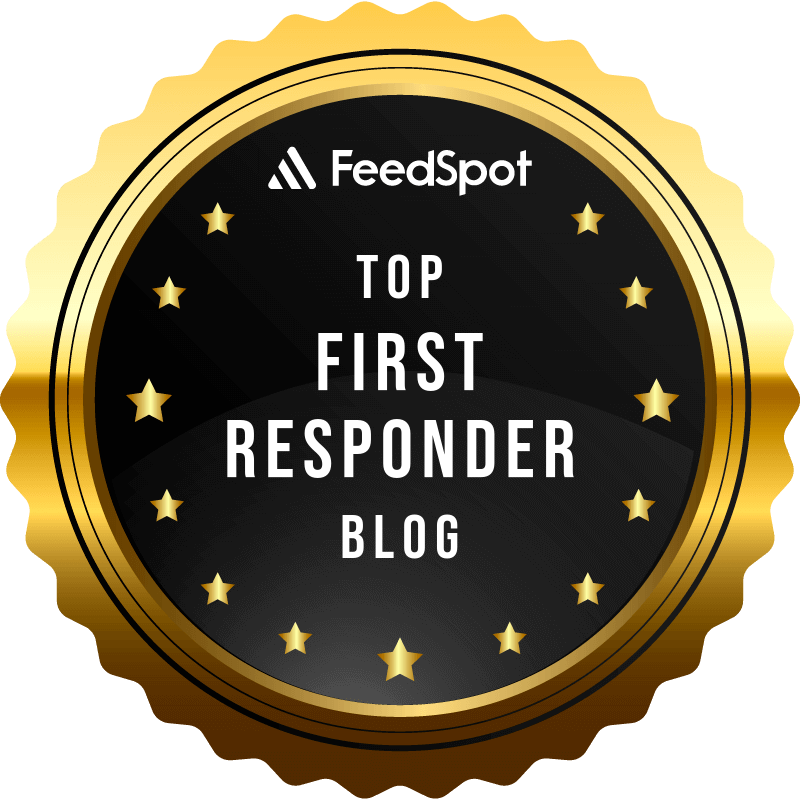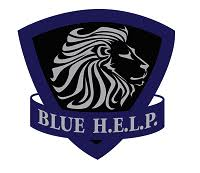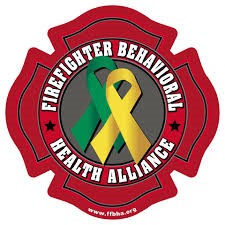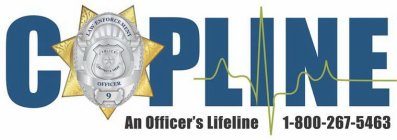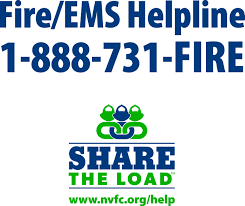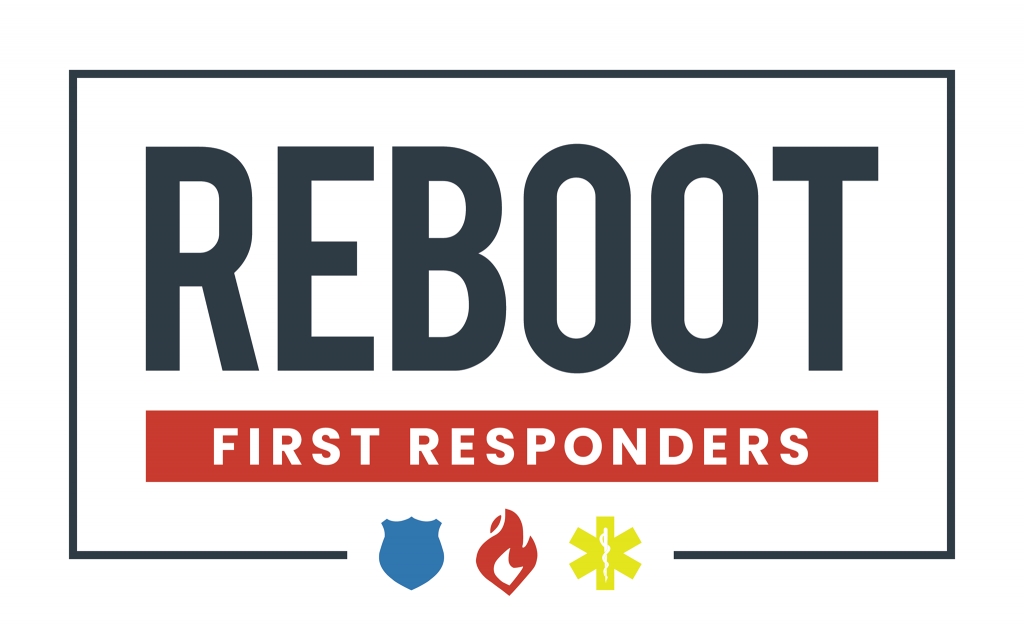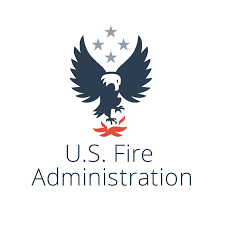
The Dangers of Blast Overpressure
O Lord, if you heal me, I will be truly healed; if you save me, I will be truly saved. My praises are for you alone! Jeremiah 17:14
With the training and emergencies faced by police and firefighters daily, the exposure to overpressure from gunfire, breaching and diversionary devices, or explosions is raising concerns about the long-term health impacts associated with these types of incidents.
Blast overpressure (BOP) refers to the pressure created by a shock wave that exceeds normal atmospheric levels. Since the onset of the Global War on Terrorism (GWOT), this issue has garnered significant attention from the Department of Defense (DoD) and the Veterans Administration (VA). In the last twenty years, there has been an increased understanding and awareness regarding the health impacts of concussive brain injuries, commonly referred to as mild traumatic brain injury (mTBI).
Police use shoulder-fired weapons, shotguns, and AR-style rifles. Swat teams also use diversionary devices, flash-bangs, and explosives to breach doors. Firefighters are exposed to explosive types of devices, ranging from aerosol cans, compressed gas and oxygen containers, and inflated tires.
Blast overpressure is the wave of high-intensity air pressure that follows a blast. It is caused not only by bombs but also by blasts resulting from weapon firing. The military has established a threshold for safe overpressure, about four pounds per square inch. This level is known to be capable of bursting an eardrum; however, its effects on the brain remain not fully understood.
When fired, weapons create invisible shockwaves that move through the air and can affect nearby people. If someone is exposed to these blasts repeatedly over time, even if they are not very loud, it can lead to health issues related to the brain. These shockwaves can cause swelling and harm to blood vessels in the brain. In 2023, the Department of Defense put together a guide for military personnel highlighting the signs to look out for, such as headaches, memory issues, and trouble with hand-eye coordination.
Many cops, firefighters, and veterans report experiencing sudden changes in memory, mood, thinking, or behavior, saying the symptoms “seemed to come out of nowhere.” If this sounds familiar, it may be related to Blast Overpressure (BOP). Even if you never lost consciousness during an incident, the cumulative effects of blast overpressure can still have an unseen impact on your brain and nervous system.
Although low-level blast exposure may not always lead to obvious injuries such as concussions or traumatic brain injuries (TBIs), it can still have a significant impact on brain health. Exposure to blast waves can cause brain injury, cognitive difficulties, and long-lasting mental health issues.
While blast overpressure has been studied by the Department of Defense and Veterans Administration for the last two decades, it is a relatively new concept among first responders. The Veterans Administration states that blast injuries to the brain can lead to various symptoms. Individuals may face sleep challenges and issues related to vision, cognition, hearing, and other sensory functions. Approximately 20% of veterans treated at the VA report having experienced blast exposure.
CopLine®, an International Law Enforcement Officers’ Hotline, has been the leader in educating the law enforcement community about Blast Overpressure (BOP), Head Impacts and Trauma (HIT), Spontaneous Headshake After a Kinematic Event (SHAAKE), and other concussion-causing head injuries. Copline® describes the symptoms for BOP as:
Cognitive
- Memory lapses
- Trouble focusing
- Slower processing or “brain fog”
Behavioral
- Impulsivity (e.g., anger outbursts, reckless spending)
- Substance use or relapse
- Isolation and detachment
Emotional/Mental Health
- Depression, irritability, or anxiety
- Increased panic symptoms
- Feeling emotionally “flat” or distant from loved ones
Numerous studies and organizations have confirmed the lasting effects of blast overpressure (BOP) on brain and mental health. The American Brain Foundation reports that exposure to blasts can alter brain function and increase the risk of post-traumatic stress disorder (PTSD), depression, and cognitive problems, even in the absence of direct head trauma. The National Institutes of Health explains that low-level blasts can accumulate over time, leading to distinct types of brain injury that may not be detectable through standard imaging techniques, such as CT scans. A study by the RAND Corporation indicated that firearms instructors and tactical operators who are exposed to multiple low-level blasts might face a greater risk of long-term neurological damage. Additionally, research published in Frontiers in Neurology suggests that blast exposure may be linked to difficulties regulating mood, increased irritability, and long-term emotional dysregulation.
Overpressure Effects
Overpressure can have significant long-term consequences. Primary blast injuries are caused by barotrauma, which occurs due to either overpressurization or underpressurization relative to atmospheric pressure. These injuries mainly affect air-filled organs and areas where air meets fluid. The effects of overpressure can travel through various pathways. These include the direct passage of the blast wave through the skull, the compression of the torso that transfers the blast wave’s kinetic energy to the brain through hydraulic oscillations in the blood vessels, and hypoxia caused by the overactivation of the parasympathetic nervous system, often referred to as the “rest and digest” state.
The most common injury is a rupture of the tympanic membrane, also known as the eardrum. According to the Centers for Disease Control, a slight increase in pressure, just five psi above atmospheric pressure, can cause the human eardrum to rupture. Lung damage begins at approximately 15 psi, and an overpressure of 35 psi or higher may be fatal. Explosions of 30 PSI and above result in the most significant overpressure effects, such as sudden blood pressure loss, dizziness, lightheadedness, and fainting.
A shock wave travels into the lungs when a blast exerts force on the chest wall or thorax. This pressure difference at the alveolar-capillary interface, also known as the air-blood barrier, can lead to disruptions, hemorrhaging, pulmonary contusions, and subcutaneous emphysema. Subcutaneous emphysema occurs when air becomes trapped under the skin, often in the neck, chest, or abdomen.
Blast-induced traumatic brain injury is the most common injury among our active-duty military and post 9/11 Veterans. Research, by the Chinese Journal of Traumatology, has shown that even mild to moderate blast injuries, which do not result in severe immediate visible neurological deficits, can lead to long-term neuropsychiatric issues such as cognitive deficits and post-traumatic stress disorder.
My body and soul are withering away. I am dying from grief;
my years are shortened by sadness. Psalm 31:9-10
Veterans and members of the military reserves make up approximately 25 percent of the first responder community. Many of them have faced deployments in war zones like Afghanistan and Iraq and have undergone extensive weapons training, which has exposed them to blast injuries. The combination of blast-induced traumatic brain injury and post-traumatic stress injury (PTSI) can lead to suicidal thoughts and behaviors.
Dealing with Blast Overpressure
Just by reading this article, you have started a conversation to help you understand blast overpressure (BOP) and how to better understand its symptoms. If symptoms do not subside after a few days, get a concussion evaluation or a neuropsychological evaluation. Many officers and veterans gain from brain-focused assessments that extend past traditional mental health diagnoses. Journal your symptoms so you and your physician(s) can track memory issues and mood swings.
Recognizing changes is nothing to be ashamed of. The real danger lies in suffering in silence or trying to “tough it out” when your mind needs support. GET HELP. Contact the Concussion Legacy Foundation, CopLine®, or the Fire/EMS HELPLINE.
As First Responders, we swore to protect the good and fight evil. Many have lost track of their priorities and have put the job first in their lives. If you are experiencing lower than usual sense of self-worth, depression or misplaced guilt, inability to specifically remember or talk about the trauma, feeling numb emotionally, dissociation (not aware of the present moment), a feeling of disconnection from your everyday lives, feeling hyper-aroused and vigilant for danger all the time, lashing out in irritability or unexplained anger, feeling jittery, or unable to concentrate on tasks at hand or other anxiety disorders, such as panic or intense distress, talk to someone and get help. Return to the basics: Put God First, Family Second, and the job further down in the order.
IF YOU HAVE THOUGHTS OF SUICIDE – GET HELP NOW
Law Enforcement – COPLINE (800)COPLINE (267-5463)
Firefighters / Medics – FIRE/EMS HELPLINE (800) 731-FIRE (3473)
Please watch A Navy SEAL’s invisible wounds


